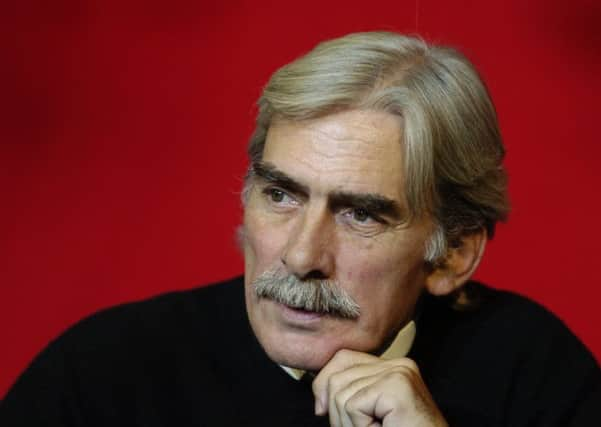Joyce McMillan: MacLennan’s inspirational legacy


The great former director of the Citizens’, Giles Havergal, opened the evening with a powerful tribute to “a switched-on, brilliantly informed political human being, and a great man of the theatre”. And then one by one the stars came out to sing David’s songs and tell their stories, led by his old musical partner David Anderson with the Wildcat Band, Elaine C Smith, Liz Lochhead, Mel Giedroyc, David’s sister Liz MacLennan, his wife Juliet Cadzow, and dozens more.
Yet as I left the theatre – after a short three hours, brilliantly orchestrated by director Morag Fullarton – I found myself thinking less of the past and more of what Scottish theatre might do now with the tremendous body of work MacLennan created in his lifetime. For the plays and playwrights he nurtured at Oran Mor, in the last decade of his life, there are at least some established ways forward; the plays exist as scripts, and the playwrights can – with luck – move on to win commissions elsewhere.
Advertisement
Hide AdYet the show came as powerful reminder of the strength of the work Anderson and MacLennan produced for Wildcat, and the subtlety and beauty of their songs; and of the fact that the nature of Wildcat’s work – driven by the politics of the moment, jotted down on paper in the age before laptops – means that it is often preserved mainly in the memory, of both performers and audience.
So of almost 70 original Wildcat shows created between 1978 and 1998, only one – Tony Roper’s The Steamie – has been revived since 1998; and even then, the director of a recent production discovered that Anderson’s superb songs for the show only existed as a set of rough notes in a plastic carrier bag.
And even where scripts from this vital period of Scottish theatre exist – as in the early Wildcat scripts held at Glasgow University’s Scottish Theatre Archive – it’s clear how little they would lend themselves to straightforward revival. A few years ago, teaching 7:84’s The Cheviot, The Stag And The Black, Black Oil to students in Edinburgh, I was struck both by how much they loved the text and by the extent to which even that great piece of theatre would need radical reworking to restore the sense of topicality it had in 1973.
And so there is a vital job to be done here, at least as important as the one John McGrath of 7:84 did in the early 1980s, when he began to unearth great neglected Scottish plays like Men Should Weep and In Time O’ Strife. There are scripts to be pieced out and published, and songs to be saved and recorded, beyond the small Roadworks collection of Wildcat lyrics published by the Third Eye Centre in 1987.
More importantly, there is theatre to be made that finds new ways of using this legacy, not so much of plays, but of attitude, ideas, stories and songs. Just occasionally, in a show at Oran Mor, Anderson will recycle the odd song from Wildcat’s heyday, such as the That’s The Way The River Runs, from the 1985 show Business In The Backyard. This is a legacy, though, that deserves a richer, fuller life than that; and that could now inspire a new generation of Scottish theatre artists to do as MacLennan always did – thinking outside the box, challenging assumptions about theatrical form, and forever searching out new audiences, in Scotland, and beyond.